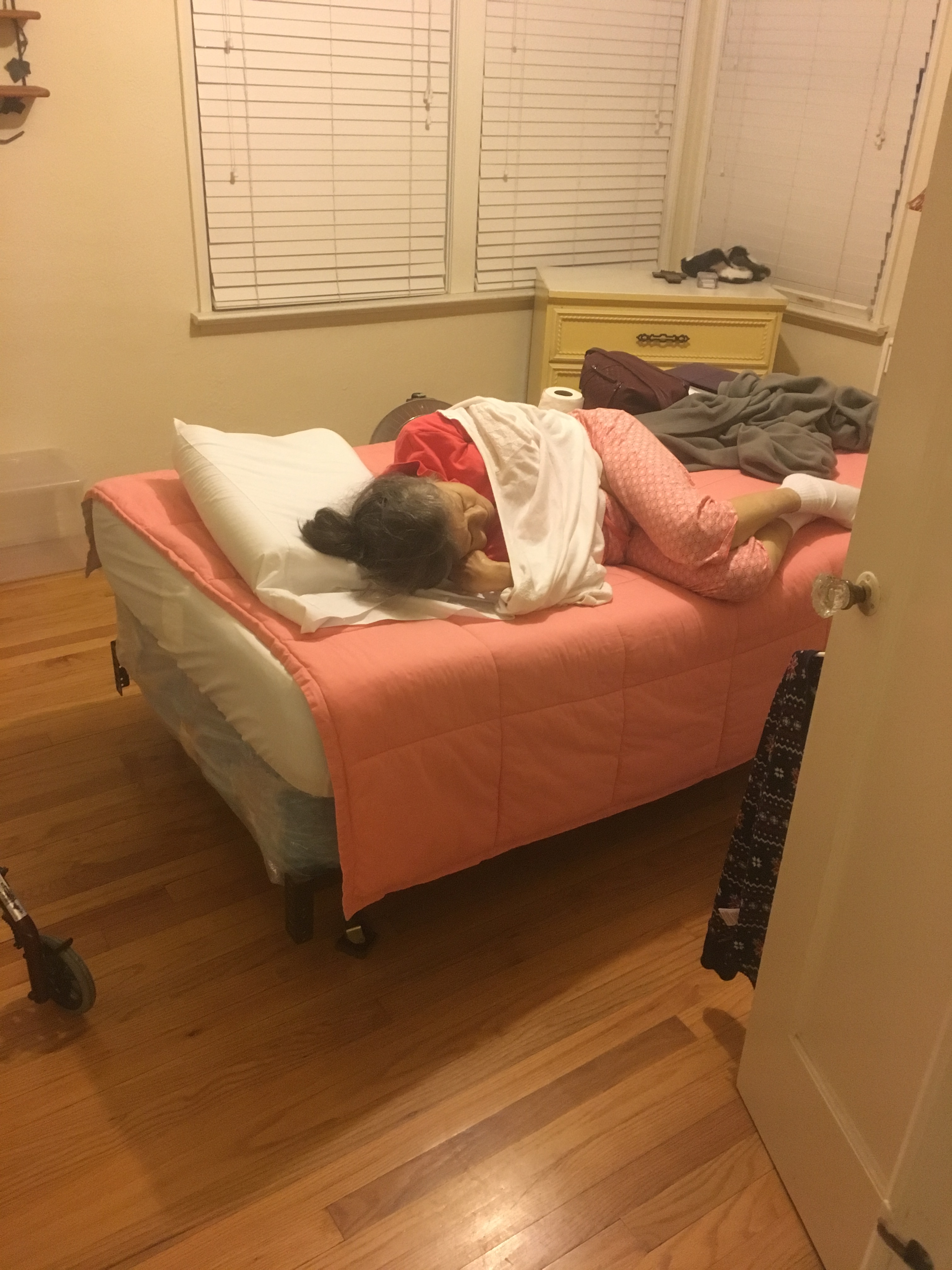The homelessness crisis in San Francisco has put a spotlight on another crisis, the plight of people with serious mental illness (SMI) who are too sick to help themselves.
According to the Treatment Advocacy Center (TAC), approximately 3.3% of the U.S. population (8.3 million) live with bipolar disorder or schizophrenia.
As any SF resident knows, the intersection between homelessness and SMI is a significant one. According to TAC, around 30% of the chronically homeless are reported to have a SMI.
Of course, mental health services for this group are available. But for too many, they are inadequate, if not impossible to receive. In fact, about half of people with SMI are untreated at any given time. Without effective treatment, too many are left to suffer in the streets or their cars, under bridges or subway tunnels.
To address this crisis, local State Assembly representative Scott Weiner, with support from SF mayoral candidate London Breed, is sponsoring SB 1045. The bill would make it easier for a court to place a conservatorship on individuals who are deemed unable to adequately take care of themselves, as a result of their serious mental illness. As a former conservator, I understand they are absolutely necessary for many people with SMI, but Weiner’s and Breed’s solution falls well short.
In socially liberal San Francisco, from Patient and Disability Rights groups, to the ACLU to social justice activists, the bill has plenty of critics and opposition.
Yet, how humane is it to let people with SMI suffer from psychosis, and in many cases, untreated and deepening psychosis? The research is clear that the longer people go without adequate treatment for their SMI, the more difficult it is for them to recover. This group is also extremely vulnerable to physical and sexual violence. On Twitter, Wiener regularly makes this point.

And the reality is current law already allows authorities to involuntarily hospitalize (i.e. 5150) someone. Part of the problem is that the legal concept “gravely disabled” is interpreted far too narrowly.
Basically, one is gravely disabled when he or she is unable to provide food, clothing or shelter for themselves, as a result of their mental illness. However, authorities, from police officers to field clinicians, often say that homeless people are “self-directing” enough to not warrant a 5150 hold “as long as a person on the streets can say where they are going to sleep for the night,” even if it means sleeping behind a dumpster.
This despite the same person endangering themselves by running in traffic thirty minutes earlier and not actively being under psychiatric treatment for their known SMI.
Weiner’s bill recognizes this absurdity and includes a person’s medical and psychiatric history in evaluating whether or not a person needs to be involuntarily hospitalized and placed under a conservatorship.
Where will these people be treated, however? As mentioned above, about half of people with SMI are untreated at any given time, meaning their chances of experiencing acute psychotic episodes are very high. They will require immediate stabilization. For many, that means both medical and psychiatric stabilization and treatment.
Are there enough inpatient psychiatric beds available for the necessary medium to long-term stays? Nationally, the number of inpatient beds available has been slashed in the U.S. over the course of many decades. For example, from their historic peak in 1955, the number of state hospital beds in the United States had plummeted almost 97% by 2016.
This no doubt has contributed to the fact that prisons and jails are the biggest mental health treatment centers in the country.
Beyond a small number of advocacy organizations and outraged family members of loved ones with SMI, nobody talks about this national disgrace. As one such family member, imagine my surprise when I learned SF mayoral candidate Mark Leno makes this very point.
From his webpage: “Mental health policy experts recommend supplying 50 in-patient psychiatric beds for every 100,000 residents in the total population. In San Francisco, that would add up to over 430 beds. And yet, a 2016 policy analyst report showed that San Francisco only offers 163 beds.” He goes on to say that he will add 200 inpatient mental health beds, doubling the supply.
 Without doing this, Wiener and Breed are putting the cart before the horse. At worse, it looks like they are trying to appease business interests in the city that want the streets desperately “cleaned up” more than they are trying to help those with SMI and their families.
Without doing this, Wiener and Breed are putting the cart before the horse. At worse, it looks like they are trying to appease business interests in the city that want the streets desperately “cleaned up” more than they are trying to help those with SMI and their families.
Because you have to wonder, why is this all of a sudden an issue now? No SF official was interested in helping me when my mom was living with me in SF in ’09. In fact, SF General Hospital released my mom prematurely on more than one occasion, even though she clearly needed psychiatric treatment. They fail to treat or release people prematurely because they don’t have the bed space. A representative in SF Behavioral Health told me as much. I was her conservator at the time and the city failed to help me help my mom.
So again, why? Yes, part of it is the increase in the homeless population. The other part is the “nuisance problem” being caused by increased homelessness. It is hurting the business climate, plain and simple. This should not be the main basis for helping people that are homeless, especially those with serious mental illness and addictions.
The U.S is ranked 29th among 34 countries in the Organization for Economic Cooperation and Development (OECD) in supplying psychiatric beds. It is a sign of inadequate healthcare, not freedom.


